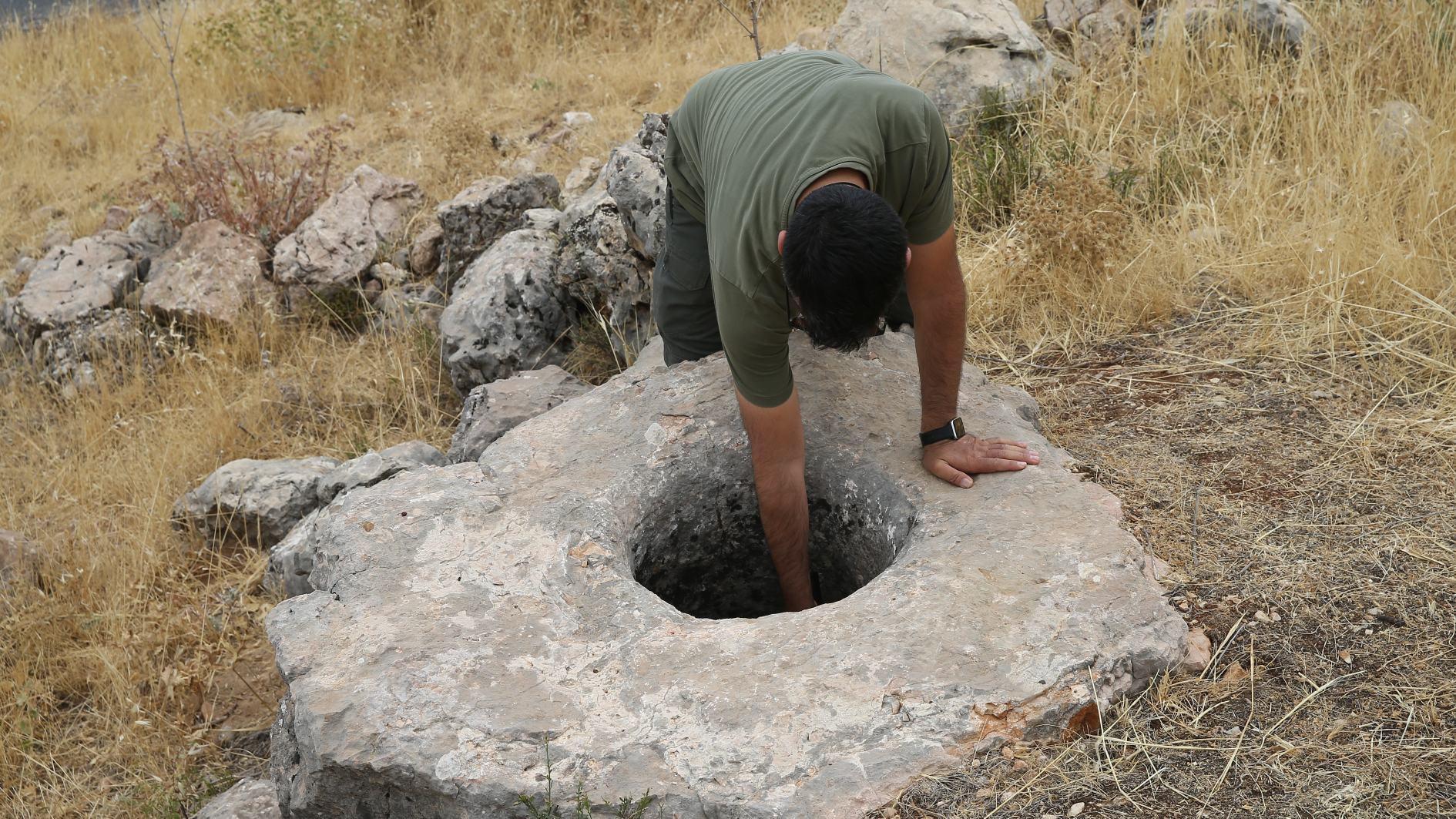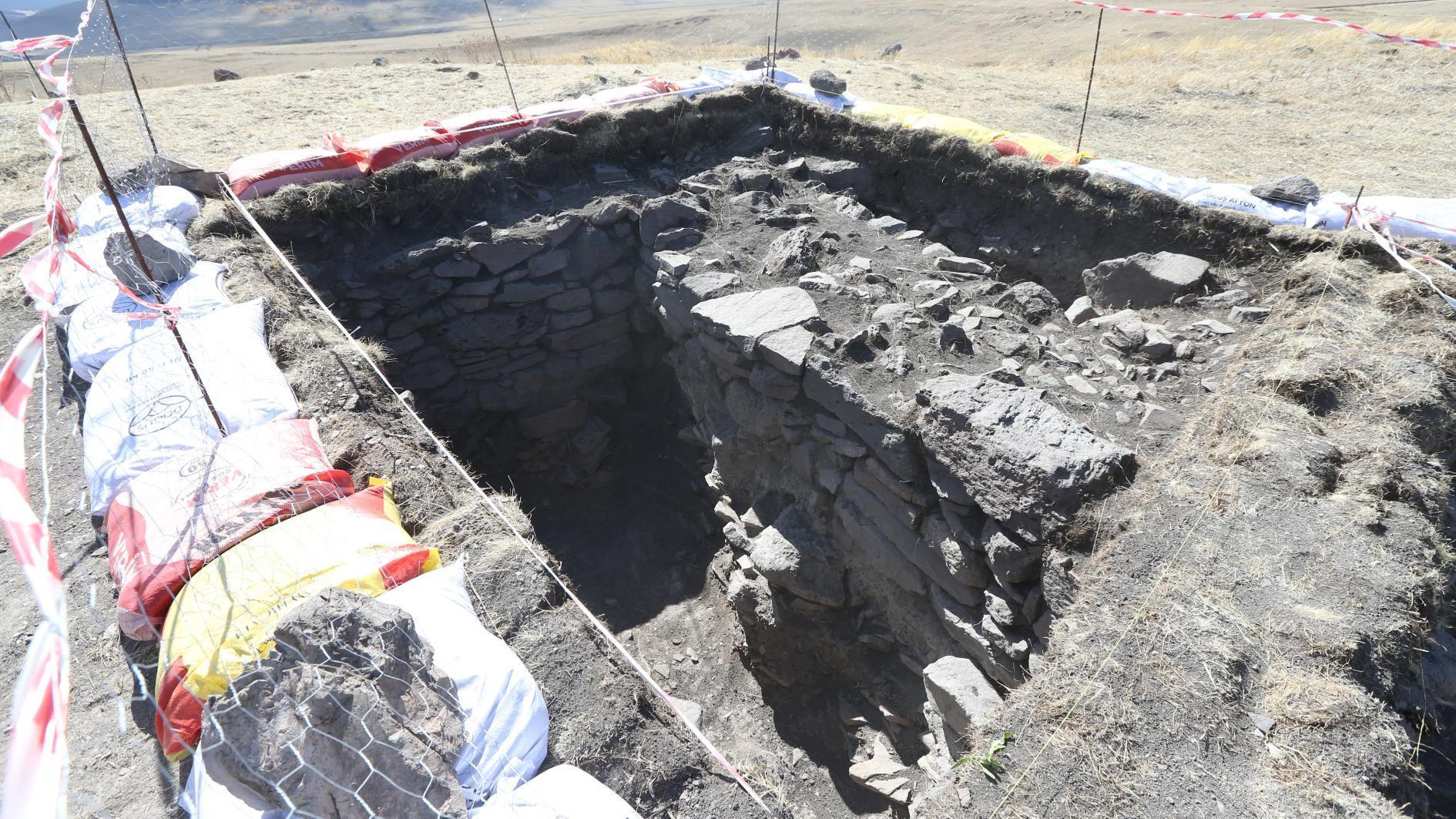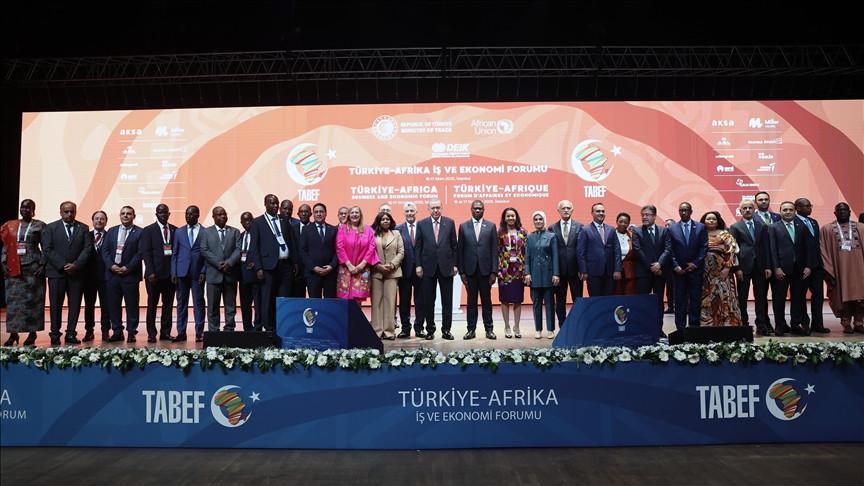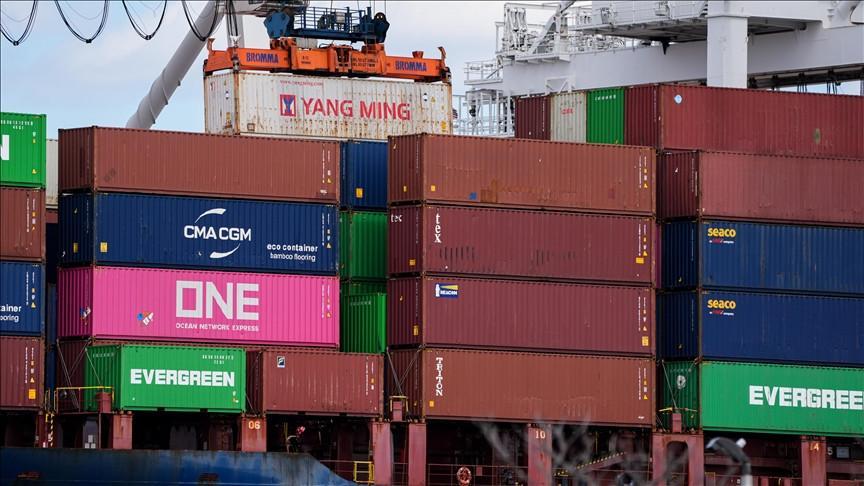Çanakkale official calls for protection of war relics sold in markets
ANKARA
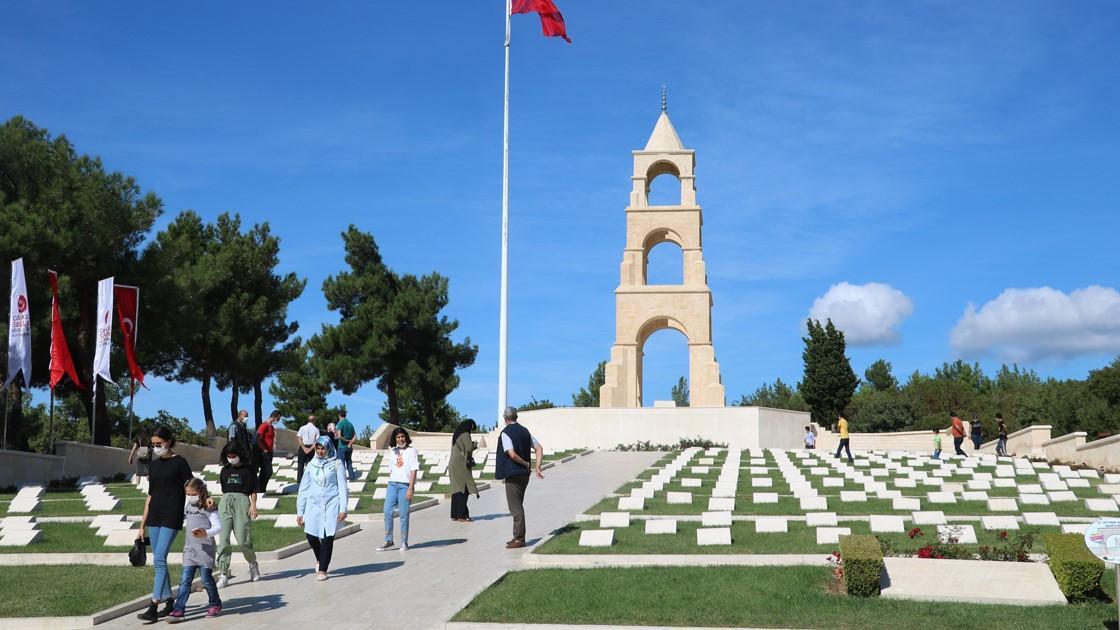
A Gallipoli historical site official has raised concerns in the Turkish parliament over the sale of World War I relics from the Gallipoli Campaign in markets and antique shops, urging that these objects be granted cultural heritage status to prevent their trade.
Located in the northwestern city of Çanakkale, the Gallipoli Peninsula was the site of one of World War I’s most significant battles, where Ottoman forces repelled an Allied invasion in 1915, a defining moment in Turkish and world history.
Speaking before a parliamentary commission, İsmail Kaşdemir, the head of the historical site at the historic peninsula, said that items such as weapons, equipment, uniforms, accessories and documents related to the Gallipoli battles are not currently classified as movable cultural assets, which allows them to be sold openly.
“These materials have unfortunately found their way into markets, antique stores and even online auctions,” Kaşdemir said. “We are seeking legal protection to ensure they are officially registered as cultural heritage assets, preventing their transfer or sale.”
The commission recently approved a draft law amending the foundations law and several others, including provisions to extend protection to Gallipoli-related artifacts.
Once adopted, the law would classify these wartime objects as cultural property under Türkiye’s law on the protection of cultural assets.
AI project analyzes Gallipoli war texts
As efforts to preserve the legacy of the Gallipoli Campaign continue, researchers are also turning to technology to better understand its history.
Within this scope, the Gallipoli Wars Institute has launched a project using artificial intelligence to analyze and compare historical texts in Ottoman Turkish, English, French and German to uncover differing narratives and overlooked details about the 1915 campaign.
The project aims to process archival documents, diaries and memoirs through AI-driven text mining to identify similarities and discrepancies between accounts from different nations.
Utkan Emre Er, director of the institute, said the initiative takes advantage of AI’s growing capabilities to conduct in-depth analyses that were previously impossible.
“There is a vast body of literature on the Gallipoli Campaign — not only in Türkiye but also in France, the U.K. and Germany,” Er said. “Reading and extracting data from all these sources manually requires tremendous time and effort. AI helps us identify key differences more efficiently.”
The institute has begun work to form a research team of six to eight people and invited academics, volunteers and researchers with knowledge of at least one of the four languages to join.


